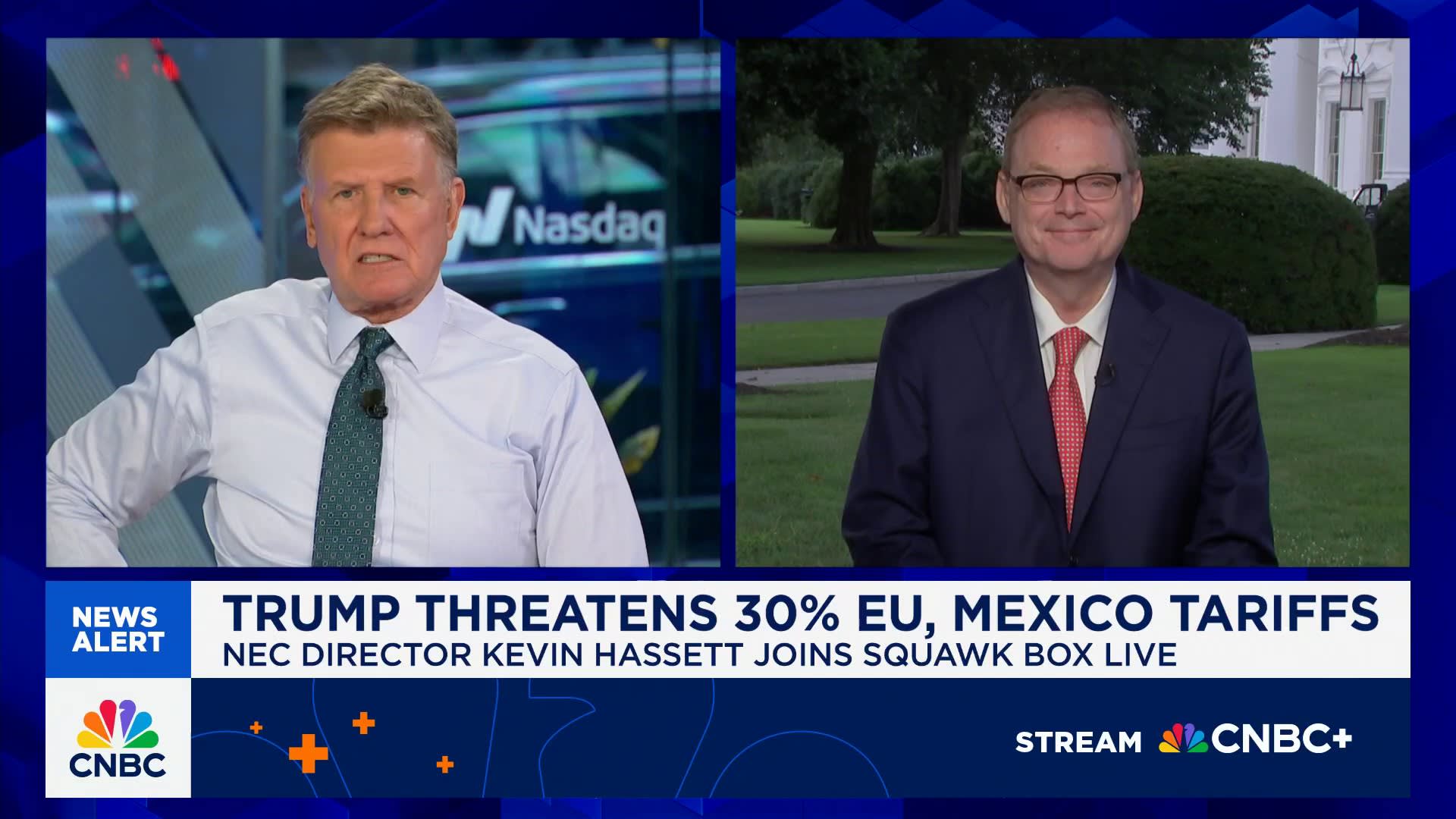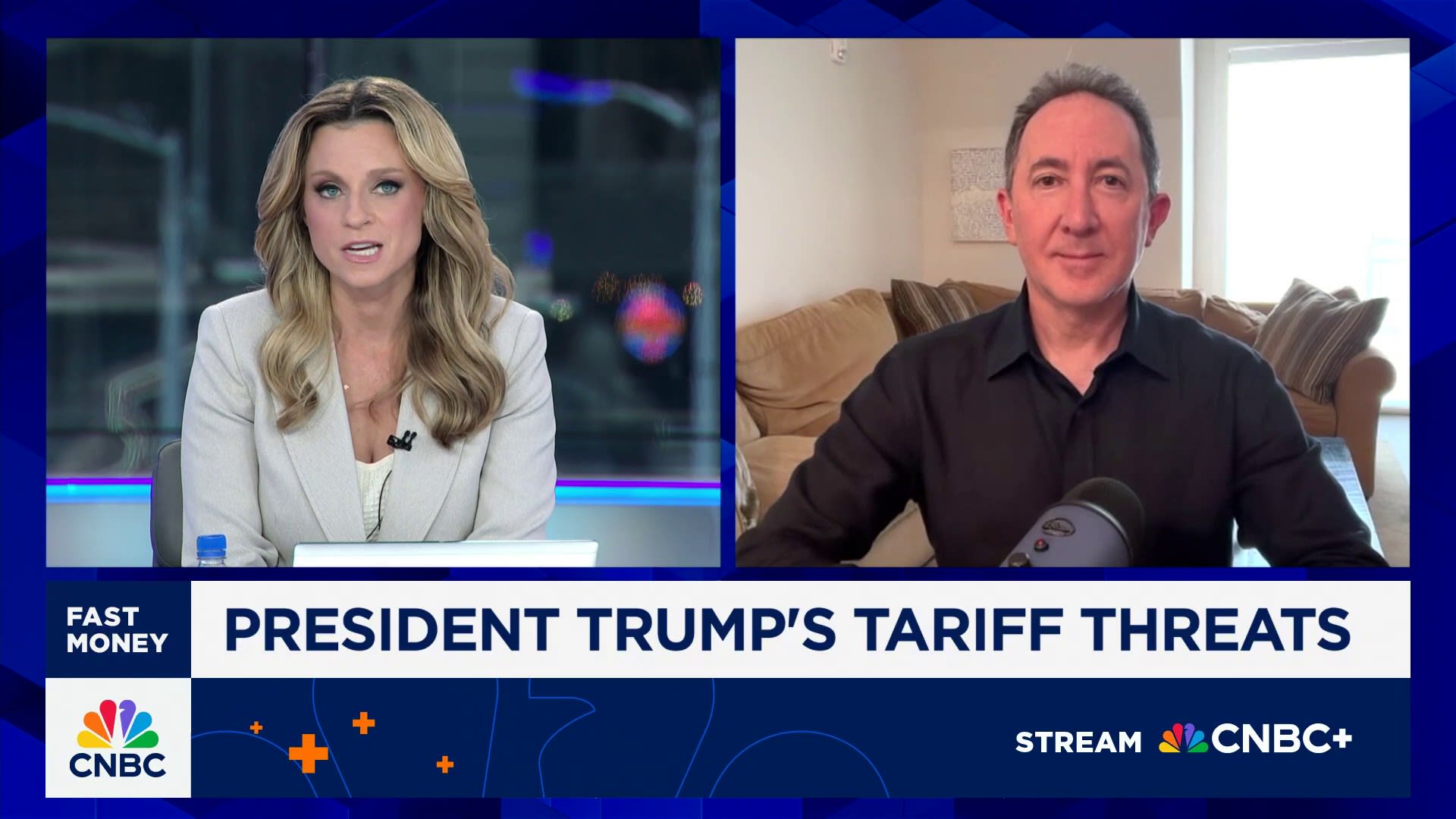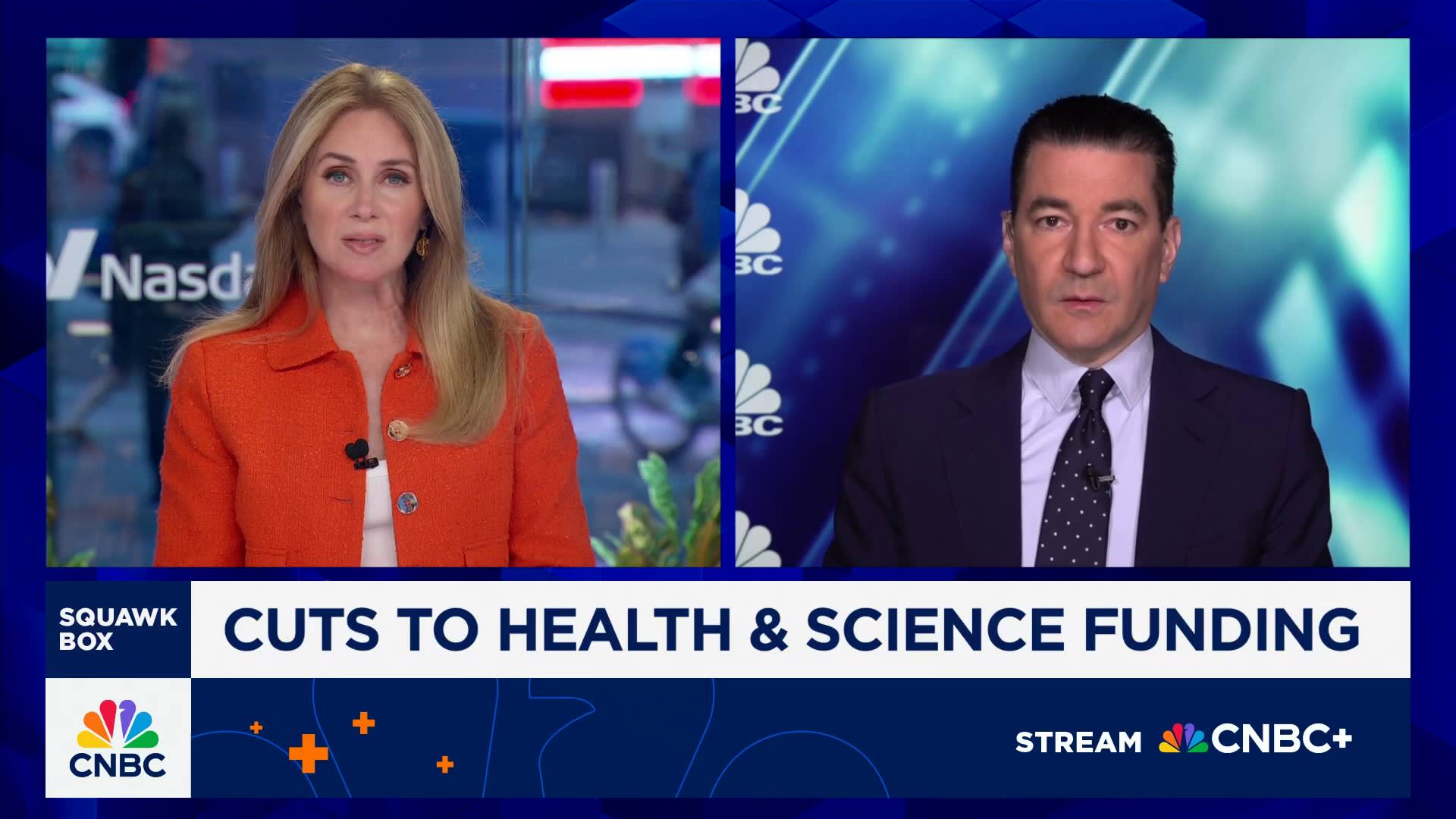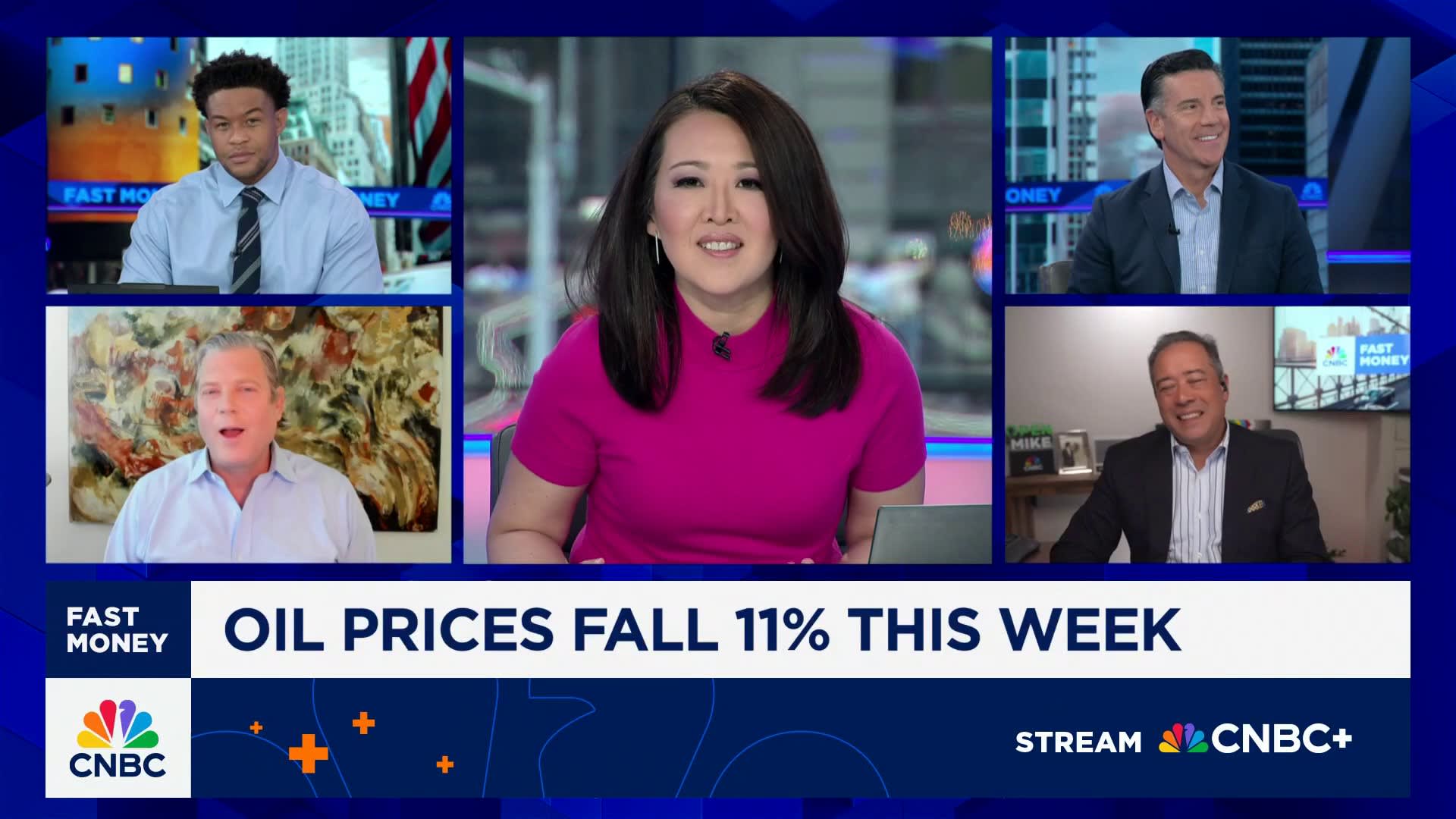Financial freedom is something most of us dream about, but what does it really mean to be “financially free?” For some, it’s about not worrying about rent or bills; for others, it’s the freedom to quit a job and pursue a passion without worrying about money.
Whatever it means to you, achieving financial freedom requires a mix of understanding, discipline, and patience. It’s a journey, not a sprint, and each step can bring you closer to your goal. Here, we’ll break down key lessons that make this path to financial freedom clear and achievable with real-life strategies anyone can start applying today.
Lesson 1: Define Your Version of Financial Freedom
The concept of financial freedom isn’t one-size-fits-all. Some people see it as being able to retire at 45, while others just want the freedom to travel or pursue hobbies without financial stress. So, the first step? Define what financial freedom looks like for you.
It helps to think about your current lifestyle and what would make you feel truly secure. Would it be having enough to cover your monthly expenses with a buffer for fun, or are you aiming for enough to live off of investments entirely? There’s no wrong answer. Just remember that the clearer your goal, the more effective your plan will be. Write it down, visualize it, and keep refining it as you go.
Lesson 2: Start with a Budget (And Actually Stick to It)
No matter where you are on your financial journey, budgeting is essential. It’s your roadmap, showing exactly where your money is going and where it could go instead.
Tracking your expenses can be eye-opening. Once you know your spending patterns, you can adjust and make room for savings or investment contributions. You don’t need to micromanage every dollar, but understanding your financial landscape means you’ll make informed decisions, not reactive ones. And sticking to it? That’s the game-changer. Commit to budgeting consistently, whether through an app, spreadsheet, or good old-fashioned notebook.
Lesson 3: Make Saving a Habit, Not a Chore
Saving isn’t just about cutting costs—it’s about reshaping how you view money. If you only save what’s “left over” after spending, chances are you’re not saving nearly enough. Instead, make saving automatic. Set up a direct transfer from your checking account to a high-interest savings or investment account as soon as your paycheck lands. The idea is to treat savings as a non-negotiable expense, not an afterthought.
Think of it this way: every dollar saved is a small step toward freedom. It’s money that’ll grow and work for you over time. Even if you start small, making saving a habit early on will build the discipline you need to reach bigger financial goals.
Lesson 4: Know Your Net Worth (And Track It Regularly)
Net worth is simply the sum of your assets (what you own) minus your liabilities (what you owe). Knowing where you stand financially isn’t about comparison; it’s about creating a benchmark for yourself. Once you know your starting point, track it consistently. This isn’t about obsessing over every penny but giving yourself a way to see progress.
Tracking your net worth over time helps you stay motivated and identify areas for improvement. When you see those numbers grow—even if it’s slow at first—it reinforces that the small steps you’re taking are paying off. It’s not just about your savings account but about understanding the broader picture of where your money lives and how it’s working for you.
Lesson 5: Embrace the Power of Compound Interest
If there’s one “magic” to financial freedom, it’s compound interest. It’s essentially earning interest on interest, and it can do wonders over time if you let it. By starting early and letting your investments sit, you allow your money to grow exponentially.
Even small, consistent investments can add up significantly over the years. For example, investing $200 a month at an 8% return could amount to nearly $70,000 in 15 years—not just because you’re putting money in regularly, but because of compounding. And the best part? Compound interest rewards patience, so the earlier you start, the less you’ll have to worry about rushing to catch up.
Lesson 6: Limit Lifestyle Inflation
Lifestyle inflation happens when your expenses increase as your income does. It’s easy to fall into the trap of upgrading your lifestyle as you earn more, but this can derail your savings and investment plans. Just because you have more money doesn’t mean you need to spend more.
Instead, try to keep your expenses steady and allocate that extra income toward your financial goals. Whether it’s paying down debt, boosting your emergency fund, or investing, every dollar you don’t spend on “upgrades” brings you closer to financial freedom. Remember, lasting wealth isn’t about how much you earn but about how much you keep.
Lesson 7: Build Multiple Income Streams
Relying on a single income source is a common way people feel trapped in their jobs. When your livelihood depends solely on one paycheck, financial freedom feels out of reach. Creating additional income streams—whether through freelance work, investments, rental properties, or a side hustle—gives you more control.
Not only does extra income boost your savings potential, but it also provides a safety net in case your primary job isn’t as secure as you’d hope. Building these streams can take time, but start small. With consistent effort, you’ll find that even a modest side income can contribute significantly to your overall wealth.
Lesson 8: Stay Away from Bad Debt (And Pay Off What You Have)
Debt isn’t inherently bad, but it can be a huge roadblock to financial freedom if not managed well. High-interest debt, especially credit card debt, can keep you in a cycle of payments that eat away at your savings potential. Prioritize paying off high-interest debt as quickly as possible, as it’s essentially the opposite of compound interest working against you.
If you need to take on debt, consider whether it’s “good” debt (like a mortgage on a property that appreciates over time) or “bad” debt (like high-interest loans for purchases that lose value). Being debt-free or close to it gives you flexibility and options—two things that are essential to financial independence.
Lesson 9: Invest Wisely (But Don’t Overcomplicate It)
Investing can be intimidating, but you don’t need a complex strategy to see returns. In fact, simplicity often yields better results in the long run. Start with low-cost index funds or ETFs that give you exposure to a broad market. These funds track the performance of major indices, spreading your money across hundreds of companies and industries.
The goal isn’t to time the market or chase trends but to stick with consistent, steady growth. Try setting up automatic contributions to your investment accounts, so you’re regularly buying into the market without overthinking it. This approach, known as “dollar-cost averaging,” can smooth out the impact of market fluctuations and keeps your focus on long-term gains.
Lesson 10: Plan for Taxes
Taxes can take a sizable chunk out of your income and investments, so it’s essential to plan ahead. Knowing your tax bracket and the different tax-advantaged accounts available can save you a lot over the years. Accounts like Roth IRAs or 401(k)s offer significant tax benefits, either by deferring taxes until withdrawal or allowing tax-free growth.
Tax planning isn’t just for the wealthy—it’s a key tool for anyone serious about financial freedom. The more you know about the tax implications of your investments and income, the better prepared you’ll be to maximize what you keep. Working with a tax professional can be a smart move to optimize your strategy, especially as your income and investments grow.
Lesson 11: Build an Emergency Fund (And Don’t Touch It)
An emergency fund isn’t just a safety net; it’s peace of mind. Life is unpredictable, and having a reserve to cover unexpected expenses—whether it’s a medical bill, car repair, or a sudden job loss—keeps you from dipping into your investments or going into debt. Aim for at least three to six months’ worth of expenses in an easily accessible account.
The trick here is to only use it for genuine emergencies. It’s not for vacations or impulse buys but for protecting your financial progress. Knowing you have a cushion can give you the confidence to take calculated risks, whether it’s investing more aggressively or pursuing a new career path.
Lesson 12: Have Patience and Play the Long Game
Financial freedom isn’t something you achieve overnight. It’s a process, and like any long-term goal, it requires patience. There will be setbacks, market dips, and unexpected expenses, but sticking with your plan is crucial. Keep learning, stay consistent, and focus on incremental progress.
Remember, every small step counts, and the habits you’re building now are laying the foundation for lasting financial security. Financial freedom is about more than a number; it’s about the freedom to make choices that align with your values and dreams. And the best part? Each lesson you apply brings you closer to that reality.












